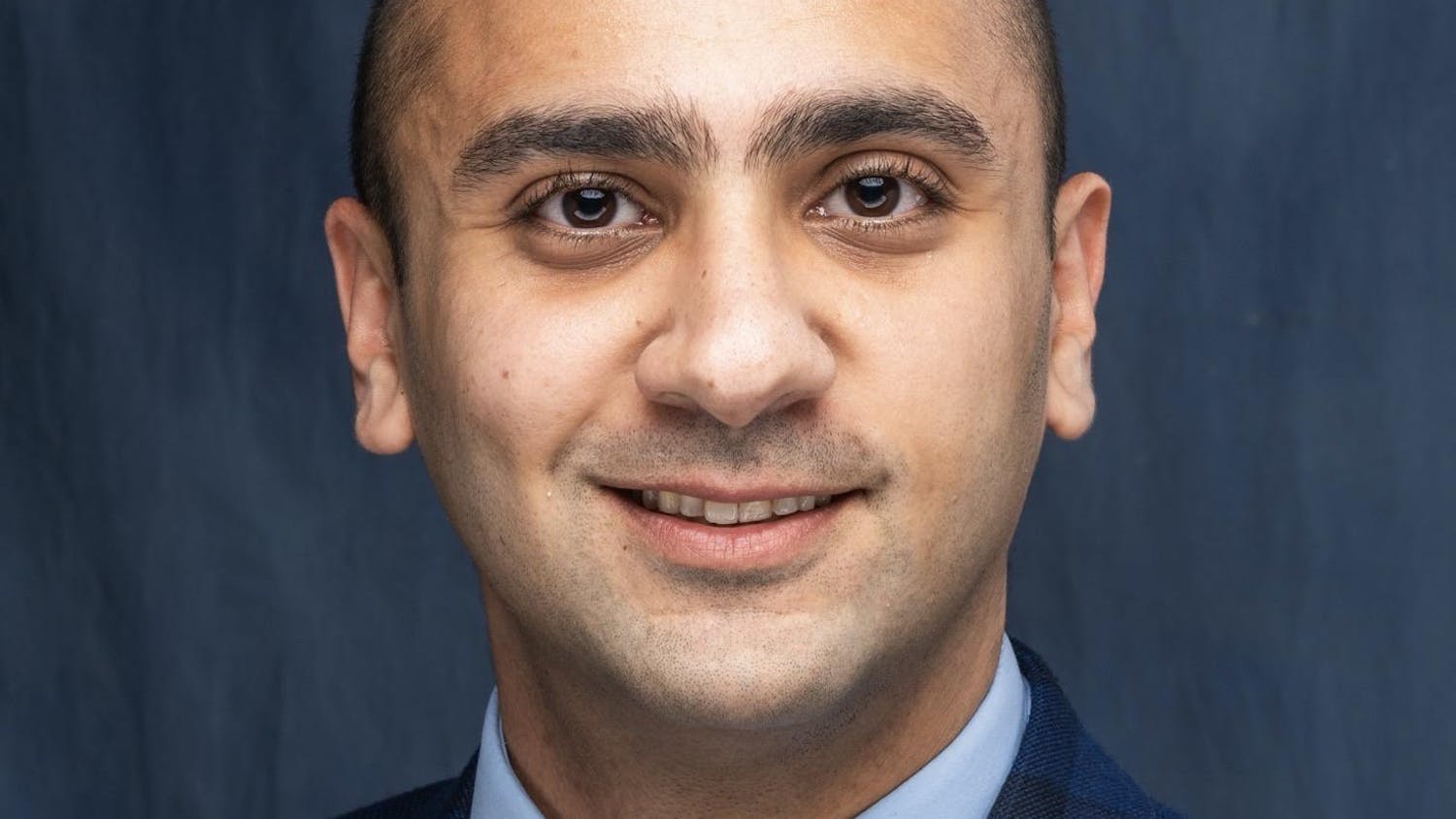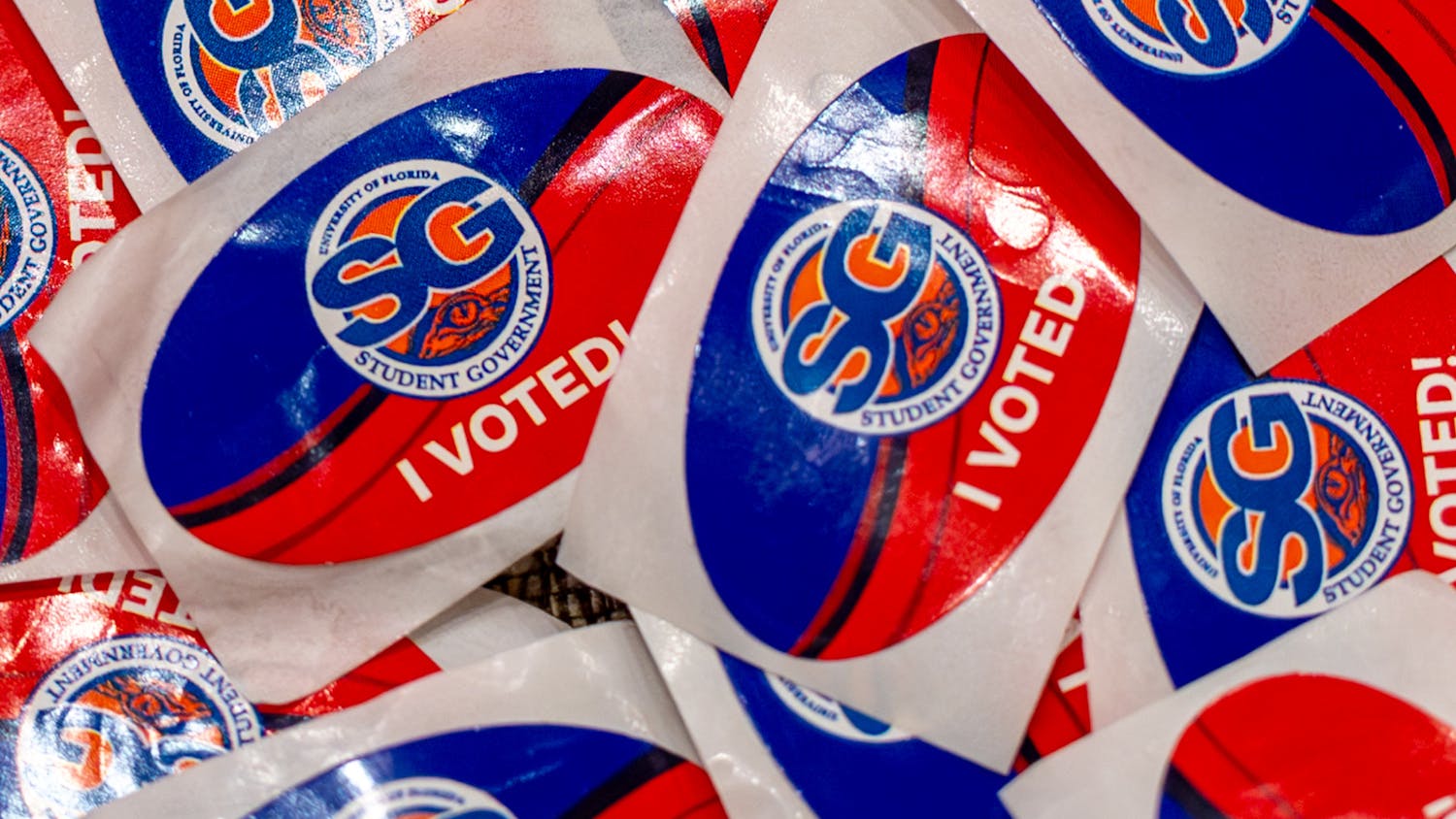The UF Supreme Court is a little-known part of Student Government. The adage goes: justice delayed is justice denied. The Supreme Court is insistent on delaying justice.
Contemporary problems
Lavish praise was given to Britney Deas’ appointment as Chief Justice, with acclaim from several Black excellence social media pages. They highlighted the notoriety and historical nature of the appointment. While her placement is unprecedented, so are the draconian rules under her tenure.
For the first time at UF, cases can be dismissed via email with prejudice. Cases used to be considered in a hearing before dismissal. The former Chief Justice dismissed many cases via email. After people pointed to the illegality under the Court’s rules, the Deas Court amended the rules unanimously.
SG’s constitution requires that, with 20 signatures, the Court interprets a law. The Court further decided that review without a ruling was improper, allowing judicial review.
It directly notes such a power in the 2020 case, In re: Ortiz Standing stating that “the interpretation of a provision of the UF Student Government Constitution does not require an injury to have occurred.” Despite judicial review cases going back to 2005, the Deas Court has decided it can no longer do so.
Deas recently held an IG Live, further self-aggrandizing her nomination instead of getting to work. I have no reason to believe she is not qualified or “extremely motivated.” However, since Deas’ confirmation, the Court has had zero oral arguments on cases.
The Court only includes law students, so it is understandable they are busy. However, to abdicate their jobs is improper.
I posed these concerns via email to all members of the Deas Court with no response given. If this is training for future lawyers, the profession is on shaky ground.
Historical problems
The battle for online voting goes back to 2001, but the part with the Court goes back to 2006. It adopted the idea of an unconstitutional constitutional amendment, a legally dubious concept that some amendments break the core of a document. Many view it as destructive to the popular mandate.
Twice, students gathered sufficient signatures to push an online voting constitutional amendment onto the ballot. Twice, the UF Supreme Court supplanted democracy for illiberalism.
In 2008, 5,683 students petitioned to place online voting on the ballot. The Court of the time argued that online voting was facially not permissible. They argued impermissibility because people could be pressured to vote, refusing to even allow a vote by students.
UF administration refused to step in and even argued against a 2008 lawsuit by the group Students for Online Voting that resulted from the Court’s decision. That civil case was later dismissed.
Administration claimed SG is a “learning laboratory,” as opposed to a real government. Why can we not train them in upholding democratic principles? Several other schools, including UCF, UNF, FSU, FIU, and UGA all use online voting. Are we intending to let FSU be better than us? The Supreme Court says yes.
In 2015, the group Global Vote petitioned to get online voting on the ballot and the Court permitted it. 68% of students voted ‘yes’ for online voting. This would soon be overturned, however.
The then-Student Body President brought a case to the Supreme Court to dismiss the students’ votes. They argued, due to abstentions, the question did not pass the 60% threshold. The Court struck down the will of 68% of students, ignoring democracy.
The decision that UF is seemingly uniquely under threat was reaffirmed in 2019.
Online voting will not suddenly bring forward coercion. As recently as Fall 2023, there was evidence of coercion. There is a long, well-documented history of coercion. The chicken parm meme did not appear out of the void.
The much-derided Fall 2023 map also came from the Supreme Court. Although the gerrymandering proponents were Student Body President Olivia Green and then-Gator Party Leader Bronson Allemand, the Supreme Court enacted it.
The majority of the Court argued Registrar data could not be verified to represent where people lived, despite it being their job to maintain such data. Other than the dissenting opinion of Janelle Rolle, all other current members Britney Deas, Dylan Brown, and Mark Freeman approved the gerrymandered map.
Takeaways
The Supreme Court, going back many Chief Justices up to now under Britney Deas, has been criticized for a lack of transparency. An editorial from the Alligator leveled such concerns nearly a decade ago. Reporters were hung up on or ignored.
While I had little expectation of a response from the Court, not even saying it declined to comment is troubling. Old patterns are renewed.
Deas said a key motivation was “offering assistance when you’re given the opportunity to help those in need.” Does crushing minority voting fall under helping those in need?
Much like with online voting, the Supreme Court has been the standard-bearer for the most anti-democratic impulses of SG. As we learned early on, power should come from the will of the governed, not unelected law students championing illiberalism.
Ronin Lupien is a UF biomedical engineering senior






